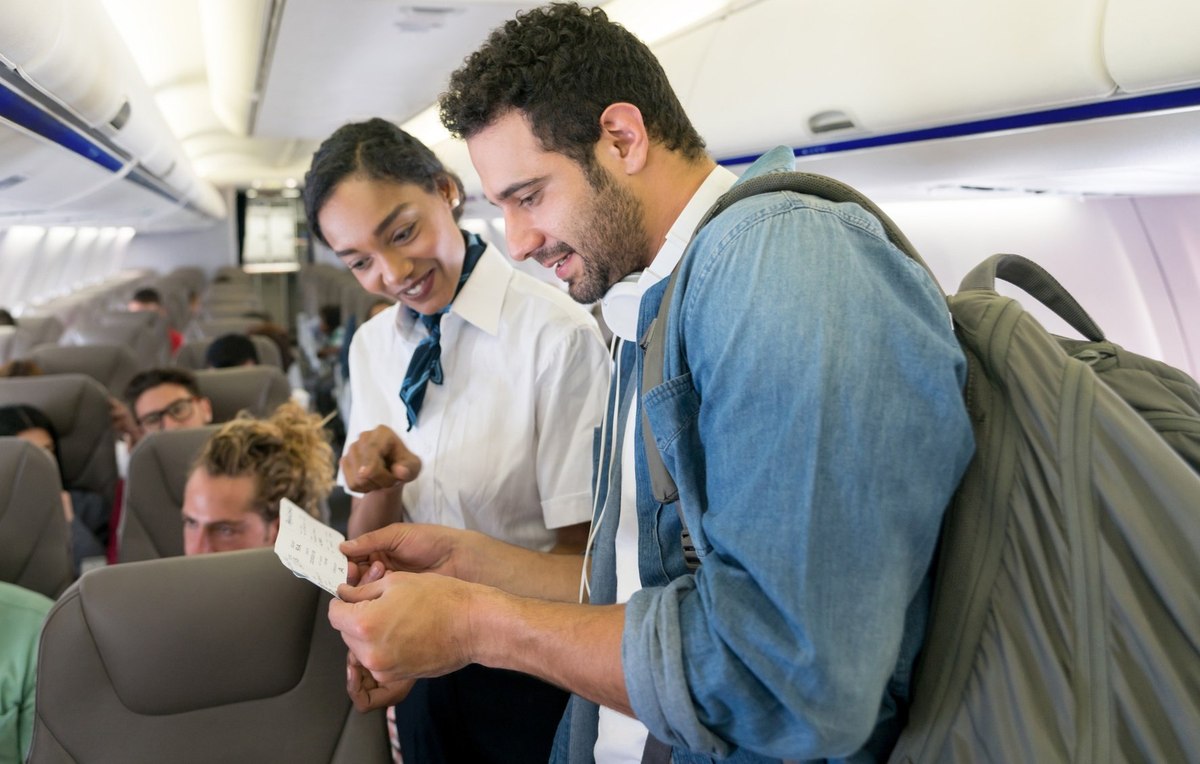
British flyers reveal reasons why they would switch seats on an airplane
Summer travel season is upon us, and with it comes the inevitable scramble for the perfect airplane seat. Airlines have long charged extra for premium options like window or aisle seats, and more legroom. So, what would it take for travellers to relinquish their airplane seats if asked by a fellow passenger?
A new YouGov survey delves deeper into this scenario, revealing that most travellers are amenable to switching seats, but the reason for the request matters. Roughly three-quarters of British travellers (76%) would be happy to switch seats with someone who wants to sit next to a younger family member.
The allure of a better seat itself holds nearly the same persuasive power as helping a family, with 74% of travellers saying they are open to switching seats if offered a more favourable location. Travellers between the ages of 35 and 54 are most likely to be swayed by the promise of a better seat (82%).
While half the travellers would likely switch seats to allow a fellow passenger to sit next to a spouse or partner (55%), it's not quite as persuasive as a better seat or a family's needs. Men are likelier than women to accommodate a seat change request if the person wishes to sit next to their partner (61% vs. 50%).
The promise of financial compensation holds some sway, but not for everyone. Just under half (47%) of travellers would agree to switch seats for an incentive like money.
The least convincing reason for a seat swap? Sitting next to a friend. Less than half (45%) of travellers indicate they'd be willing to switch for this reason.
A minority (6%) of travellers say they would not switch seats under any circumstances.
Explore our living data – for free
Discover more travel and tourism content here
Want to run your own research? Run a survey now
Make smarter business decisions with better intelligence. Understand exactly what your audience is thinking by leveraging our panel of 26 million+ members. Speak with us today.
Methodology: YouGov polled 700 British adults on April 29, 2024. The survey was carried out through YouGov Surveys: Self-serve. Data is weighted by age, gender, political affiliation, education level and region. Learn more about YouGov Surveys: Self-serve.
Image: Getty Images